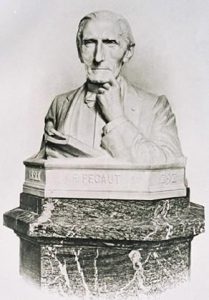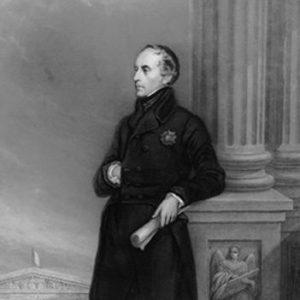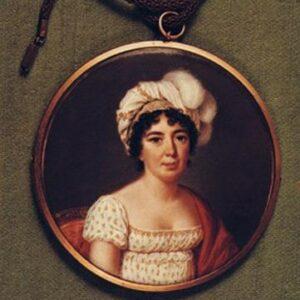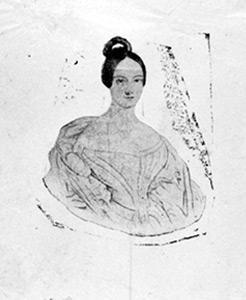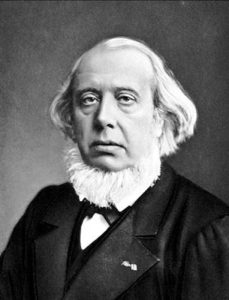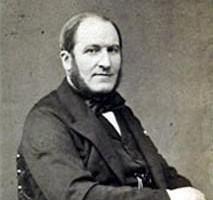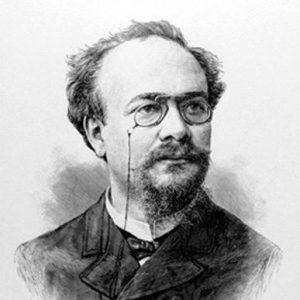Is there a political commitment specific to Protestantism ?
Generally speaking the Protestant minority tended to be mostly « Republican » – because of its theological principles and its ecclesiastical organization : free access to Bible reading, belief in the priesthood of all believers, and the presbyterian-synod system would naturally incline Protestants towards democratic ideas and the Republic. Michelet wrote : “What do I notice in the XVIth century ? Protestantism alone gives us the Republic (…), the notion, the matter and the word” (Que vois-je au XVIth century ? Que le protestantisme seul nous donne la République (…), l’idée et la chose et le mot).
Another accepted notion is that the Protestant minority tended to be « left-wing ». The truth is that one of the great political issues of the XIXth century concerned the nature itself of the regime and the so-called « religious question ». The Left opted for a secularism closely linked to the Republic as from 1879, whereas the Right insisted on rejecting both. In fact the Protestants’ attitude was guided by their fear of an overlapping of State and Catholicism, a fear of this « alliance between the throne and the altar » which had brought them so much misery. Their real choice was therefore to be that of anti-clericalism and secularism, – a choice that was not to be mistaken with an anti-religious attitude, as was the case with many anti-clericals of Catholic origin.
These two factors explain, very broadly, the varied attitudes of Protestants towards political power : indifference, hostility, reservation, alternating with an active participation during the early years of the Republic. At that time, Protestants played a national role out of all proportion to their numbers. When the separation between the Church and the State was officially proclaimed, their reinstatement may be considered as complete.
But the common denominator of all these periods was a reformist attitude : though many Protestants took part in the various revolutionary episodes that have marked the century, in their great majority they did not participate in their excesses : neither in the Terror of 1793, nor in the Commune or its repression in 1871 – nor later in communism or extreme-right wing activity.

